Prince Charles has held private meetings with eight government ministers in the last 12 months, including Michael Gove, the education secretary, and Danny Alexander, chief secretary to the Treasury.
Palace records show he also met with ministers with responsibility for defence, culture and further education, as well as top civil servants involved in British defence interests in the Middle East and the UK economy.
Details of the meetings with senior political figures in the Westminster and Cardiff governments, including why they were held and what was discussed, have not been not made public, in line with a convention of secrecy around communication between both the Queen and the heir to the throne and government ministers.
Campaigners for transparency concerned about royal lobbying are calling for the government to provide information about the topics discussed as it does after representatives of outside organisations meet ministers.
A fortnight before his meeting with Gove on 25 October, the Prince's Teaching Institute, an education charity established by Charles, announced that it was leading attempts to establish a new "college of teaching" to uphold standards across the profession and to "provide evidence to inform education policy".
The initiative has been encouraged by the government, and the Prince's Teaching Institute forwarded Gove a report on the matter this autumn.
A spokesman for the education secretary said the meeting was "routine" and "part of the usual pattern of meetings the prince holds with cabinet ministers from time to time".
Secrecy over the discussions with ministers has led to criticism that Charles, who has acknowledged his reputation as the "meddling prince", may be using the access to advance his own sometimes controversial views in areas of public life including health, the environment, agriculture and town planning, as well as education policy.
Paul Flynn, a Labour backbencher who has been campaigning for greater transparency in lobbying, including by royals, called for the government to provide information about what Charles discussed with ministers.
"No lobbyist is more influential than Prince Charles," said Flynn. "We should know what is discussed, what subjects he is pushing and why, and whether it is influencing government policy."
Clarence House said it was Charles's duty to hold meetings with ministers. "The Prince of Wales regularly holds official meetings with government ministers as part of his role as heir to the throne, and these are disclosed in the court circular," said a spokesman. "It is a longstanding convention that the meetings are confidential."
Secrecy around the process is coming under pressure from the courts. In September three judges in an information tribunal ruled that allowing a cache of Charles's letters to ministers to remain secret was an unjustified "massive extension" of the convention. The court order to publish the letters was then vetoed by Dominic Grieve, the attorney general.
The palace records also show that Charles held meetings with two ministers on 31 October. He met John Hayes, the recently appointed energy minister, 24 hours after Hayes had caused a government schism by declaring his opposition to on-shore wind turbines, even though coalition policy is to support their development.
It is not known what the prince discussed with the minister, but Charles has previously spoken out against the construction of more turbines, describing them as a "horrendous blot on the landscape". A spokesman for Hayes said: "We do not publish details of ministers' meetings with members of the royal household."
On the same day he met Matthew Hancock, a junior minister in both the Department for Business and the Department for Education, where he has responsibility for further education.
His contact with senior Treasury figures includes a meeting on 21 February with Danny Alexander, the chief secretary to the Treasury and part of the "quartet" – with David Cameron, George Osborne and Nick Clegg – that steers government economic policy.
On 3 May Charles received Tom Scholar, the second permanent secretary at the Treasury, who was previously Gordon Brown's chief of staff in No 10. A Treasury spokesman declined to provide information about the meeting, saying: "Details of ministers' meetings with members of the royal household are not normally published by departments."
In February the prince met Lord Astor of Hever, the Eton-educated junior defence minister who speaks for the government on defence in the House of Lords; Lieutenant General Simon Mayall, a senior MoD adviser on the Middle East; and Jeremy Hunt, then the culture secretary. In March Charles met Carwyn Jones, the Welsh first minister, and Alun Davies, the deputy agriculture minister.
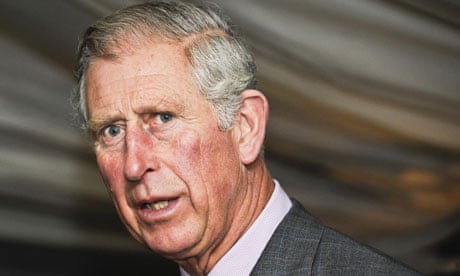

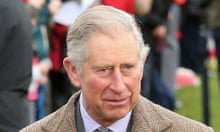
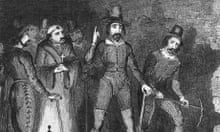
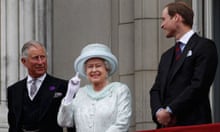
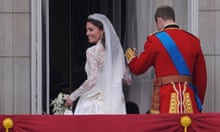
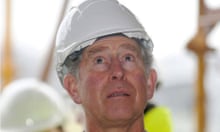



Comments (…)
Sign in or create your Guardian account to join the discussion